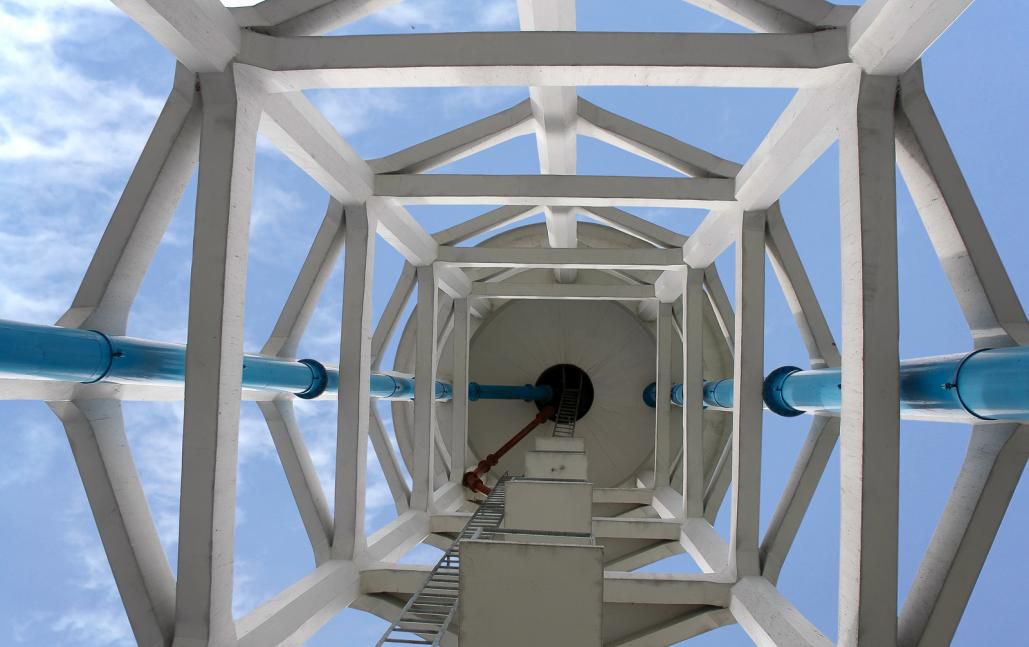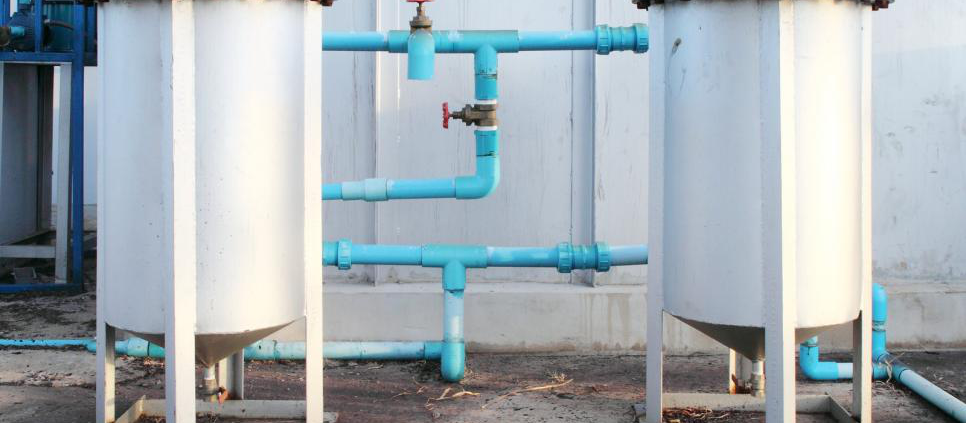A Guide to Choosing the Right Water Storage Tank
It wouldn’t be remiss to say that possibly every manufactured product uses water at some point during the production process. Industrial water use is diverse; spanning activities such as washing, cooling, diluting, processing, fabricating, transporting a product, and more.
It wouldn’t be remiss to say that possibly every manufactured product uses water at some point during the production process. Industrial water use is diverse; spanning activities such as washing, cooling, diluting, processing, fabricating, transporting a product, and more.
Industries that produce food, paper products, and chemicals all use large quantities of water. Petroleum refineries and smelting facilities also heavily rely on water in order to function.
This naturally makes proper and efficient water storage critical to these industries. Knowing what kind of water storage tank is best suited to a particular use case is very important.
Here’s a useful guide to help you choose the right tank for your company.
Steel Tanks
Steel water tanks are some of the strongest ones out there. They’re versatile, and can be placed in almost any location. Moreover, they’re coated with a sealer to prevent any possible water contamination.
However, steel tanks are heavy and can rust over time, so keep that in mind before you settle on them.
Fiberglass Tanks
Fiberglass tanks have an incredibly high strength-to-weight ratio. They can easily be placed wherever you need them to be. Moreover, they neither rust nor rot. This allows them to be placed safely within the ground if your industrial application calls for that.
Because the tank fittings are made of the same material and are integrally bonded to it, fiberglass tanks also have high structural integrity. This, of course, means that potential leakages are also reduced.
Lastly, fiberglass tanks have a longer tank service life. They are sturdy and have an incredibly low co-efficient of expansion.

Concrete Tanks
If you don’t need your tank to be moved, concrete tanks are a good option. They are durable and long-lasting. This makes them a reliable permanent option for water storage.
Of course, you’ll need a professional to design and install concrete tanks. Think hard about where—and for what purposes—you need the water before making your decision.
Plastic and Polyethylene Tanks
Plastic and polyethylene tanks are a popular choice because they are lightweight and cheap. So if you’re on a tight budget, you could opt for polyethylene options. Moreover, they aren’t difficult to install.
While they are strong, they don’t have a higher strength-to-weight ratio than fiberglass tanks. They will also require more maintenance in the long run.
Moreover, unlike fiberglass tanks, polyethylene tanks swell over time and require expansion joints to be fitted.
If you require fiberglass tank repair or tank inspection services, get in touch with us today. Our company’s fiberglass expertise goes back to 1976. We now specialize in Industrial Fiberglass Reinforced Plastic (FRP). Request a quote or call (386) 758-0057.
Learn more about fiberglass Piping here.



